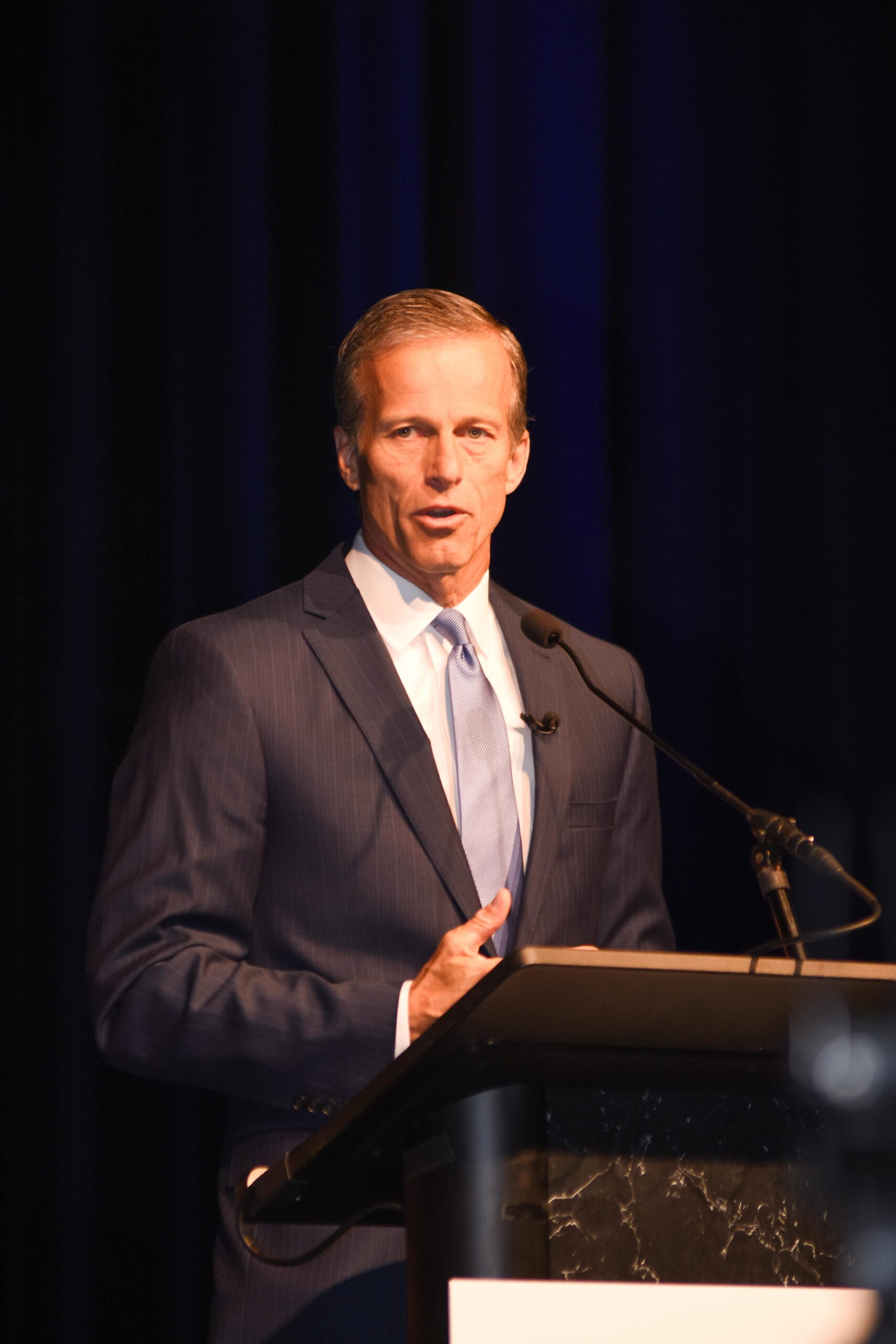As the new Majority Leader of the Senate, John Thune commenced the latest session with a clear and resolute pledge to maintain the filibuster, a procedural mechanism that has been a cornerstone of legislative debate in the United States. His commitment to preserving this tool reflects a broader strategy to encourage cooperation and dialogue among senators, particularly in an increasingly polarized political environment.
Thune’s remarks were delivered during a press conference held in the Capitol, where he outlined his vision for the upcoming session. He highlighted the importance of the filibuster in safeguarding minority rights within the Senate, allowing for extended discussion on contentious issues. By emphasizing the need for bipartisan collaboration, Thune aims to foster an atmosphere conducive to compromise and mutual understanding, which he believes is essential for effective governance.
The filibuster has a long and complex history in the U.S. Senate, often serving as a double-edged sword. While it has been used to protect minority viewpoints and prolong debate, it has also been criticized for enabling gridlock and hindering the passage of legislation. Thune’s commitment to preserving this tool signals a desire to maintain the Senate’s traditional role as a deliberative body, where diverse perspectives can be heard and considered.
In recent years, discussions surrounding the filibuster have intensified, particularly as the political landscape has shifted. Some lawmakers have proposed reforms or even the elimination of the filibuster altogether, arguing that it obstructs necessary legislative action on pressing issues such as healthcare, climate change, and voting rights. However, Thune’s stance reflects a belief that the filibuster remains a vital aspect of the Senate’s identity and function.
During his address, Thune also acknowledged the challenges that lie ahead for the Senate, including the need to address a range of critical issues. From economic recovery efforts to national security concerns, the Senate will be tasked with navigating complex and often contentious topics. Thune emphasized that preserving the filibuster would allow for thorough debate and consideration of these issues, ultimately leading to more informed decision-making.
Thune’s leadership style is characterized by a focus on collaboration and consensus-building. He has expressed a commitment to working with both sides of the aisle to address the challenges facing the nation. By prioritizing the preservation of the filibuster, Thune aims to create an environment where senators can engage in meaningful dialogue, fostering a sense of unity even amid political differences.
As the Senate gears up for a busy session, Thune’s pledge to uphold the filibuster may have implications for the legislative agenda. With a divided Congress, the ability to navigate contentious issues will be crucial. Thune’s approach suggests a willingness to engage in discussions that may lead to compromise, potentially paving the way for bipartisan support on key legislation.
Critics of the filibuster argue that it has been used to obstruct progress on critical issues, and they have called for reforms to make the legislative process more efficient. However, Thune’s position underscores a belief that the filibuster serves as a necessary check on majority power, ensuring that minority voices are not silenced in the legislative process. He reiterated that the preservation of the filibuster is essential for maintaining the Senate’s role as a deliberative body that values diverse opinions.
In conclusion, John Thune’s opening remarks as Majority Leader signal a commitment to preserving the filibuster, emphasizing the importance of bipartisan collaboration in a divided Senate. As the session unfolds, his leadership will be tested as lawmakers grapple with pressing issues and seek to find common ground. Thune’s approach reflects a desire to uphold the Senate’s traditions while navigating the complexities of contemporary governance, ultimately aiming to foster a more productive and inclusive legislative process.



